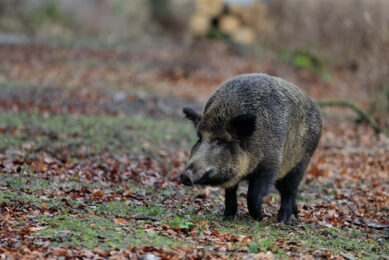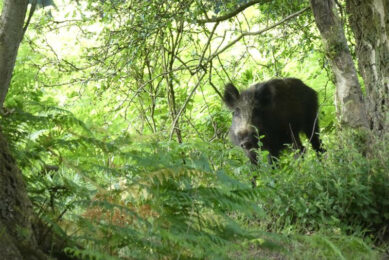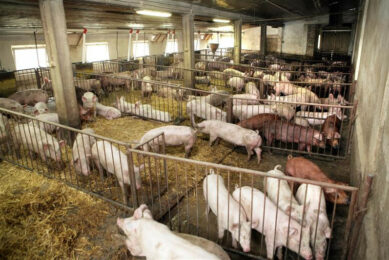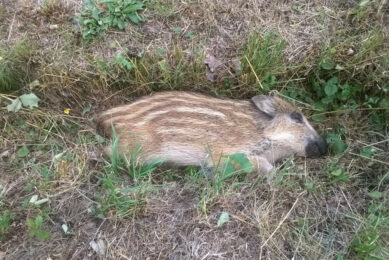European project Vax4ASF aims to develop ASF vaccine
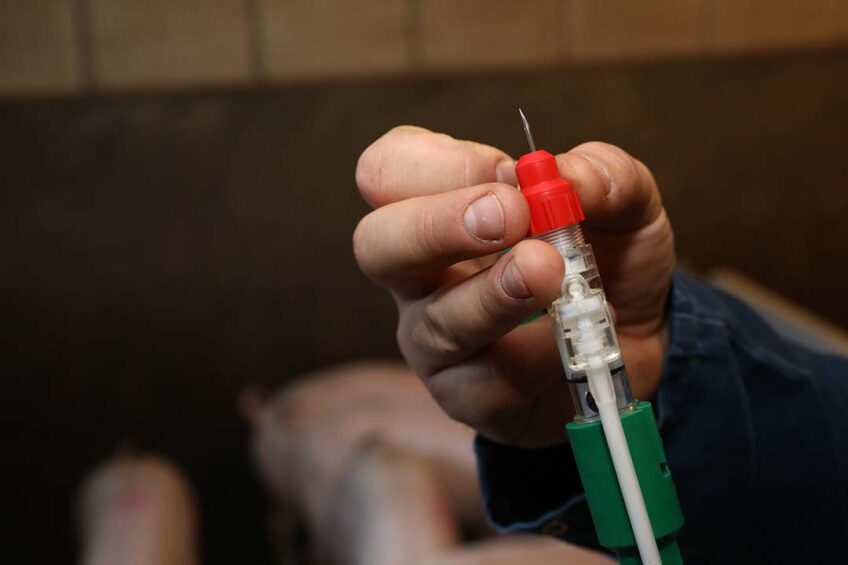
A new European project, called “Vax4ASF,” has been launched. It aims to develop a vaccine against African Swine Fever virus. The project unites 17 stakeholders in the international pig health industry.
The project’s full name is “Vax4ASF – New Technologies for African Swine Fever (ASF).” The project is supported by the European Union under the Horizon Europe programme. Its goal is to provide a definitive, effective and safe solution against ASF virus that affects pigs and wild boar. The project aims to innovate based on previous vaccination approaches and strategies with the potential for success.
17 partners in the swine industry
The project, led by Spanish pharmaceutical company Hipra, brings together 17 partners from European countries, the USA and Kenya, in an international consortium.
A first meeting of the consortium took place in late January. The idea of the consortium is that ASF virus’ complex nature “has been the main factor that has hampered the ASF vaccine development; therefore, despite the intensive research on different vaccine approaches, full commercial vaccine candidates are still lacking.”
Controlling ASF replication level
The project proposes that “Controlling the replication level of the virus for next generation of ASF vaccines will be crucial to change the actual paradigm of vaccine development and management of the disease. The control of the virus will be also supported by the generation of specific -diagnostic tests as well as by the co-creation of the surveillance and ASF control strategies by all key stakeholders.”
“The project will not only work to facilitate pioneering improvements in the development of new generation vaccines for the effective control of the virus worldwide, but also propose innovative policies for ASF control and management through the continuous involvement of all key stakeholders.”
Participating companies and organisations
Apart from Hipra, the companies and organisations participating in the consortium are:
Severo Ochoa Center for Molecular Biology, Spain;
Sabiotec, Spain;
Anprogapor, Spain;
Interporc, Spain;
Zabala Innovation, Spain;
Ludwig-Maximilians University, Germany;
The Pirbright Institute, Scotland, UK;
International Livestock Research Institute, Kenya;
Swedish Veterinary Agency (SVA), Sweden;
In3diagnostic, Italy;
Wageningen Bioveterinary Research – WUR, the Netherlands,
Institute for Wildlife Management and Nature Conservation of MATE University, Hungary;
Prophyl, Romania;
University of Life Sciences from Timisoara, Romania;
PIWet National Veterinary Research Institute, Poland;
Kansas State University, United States.



